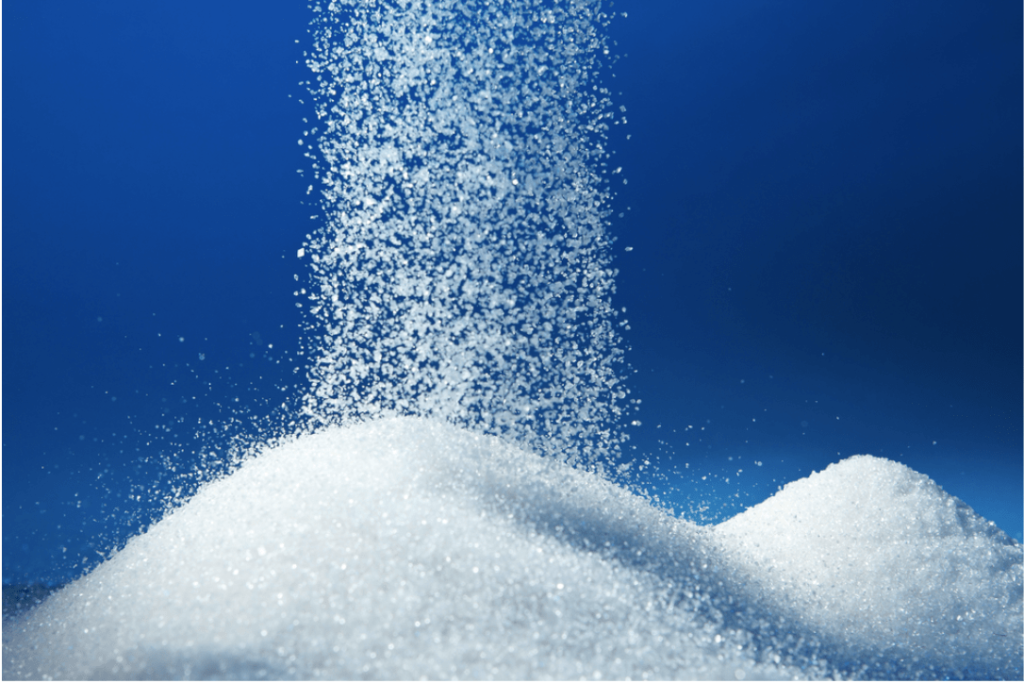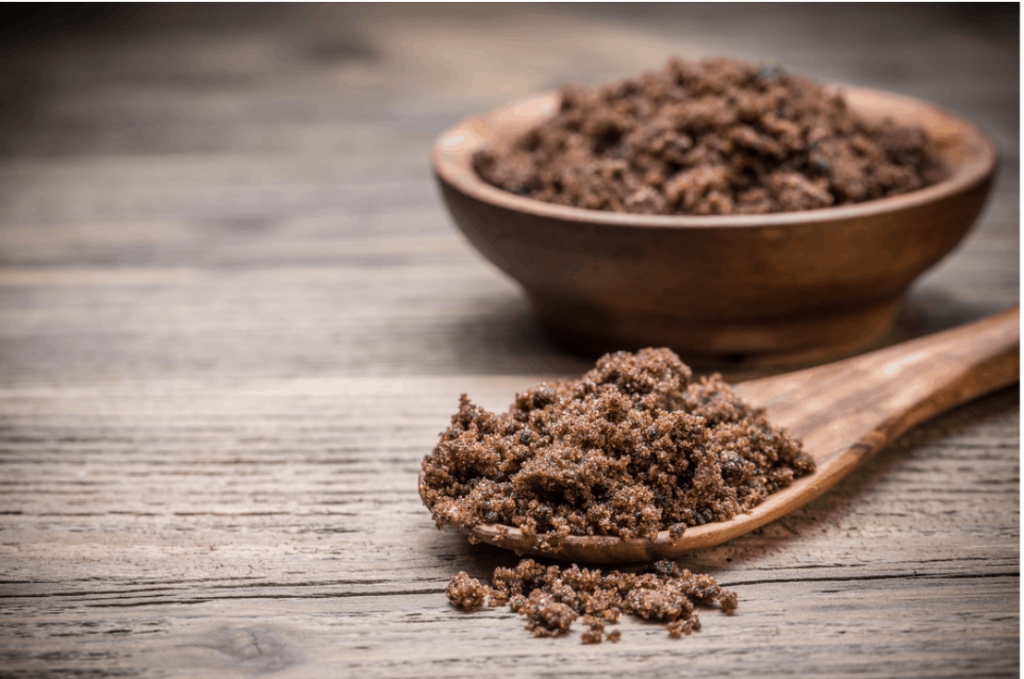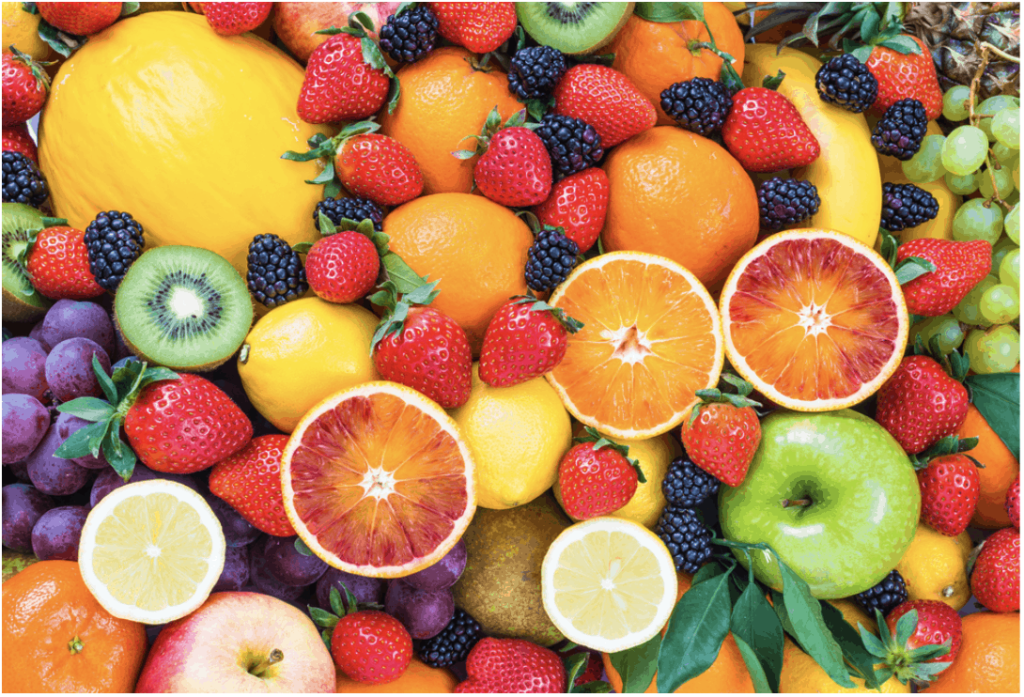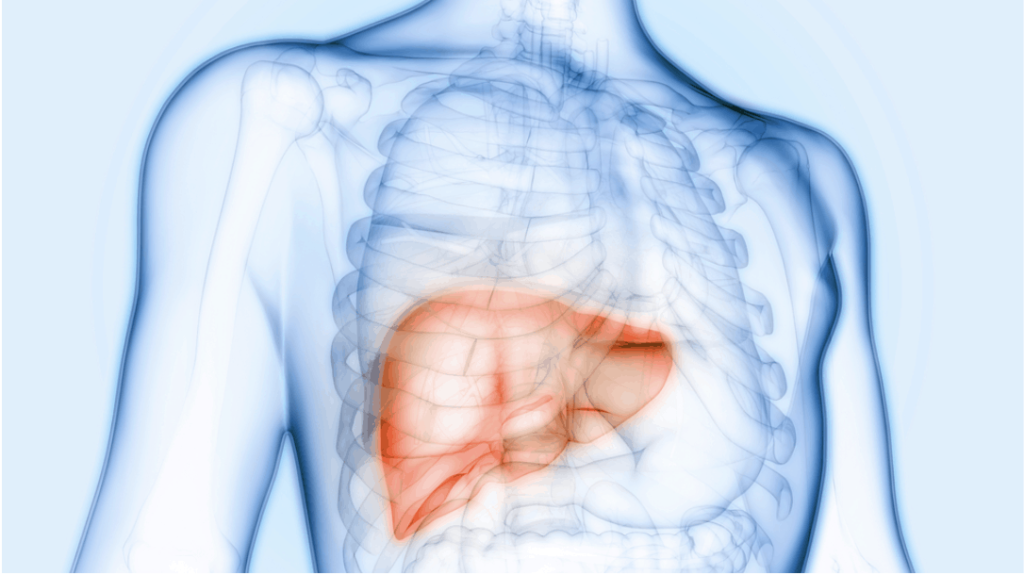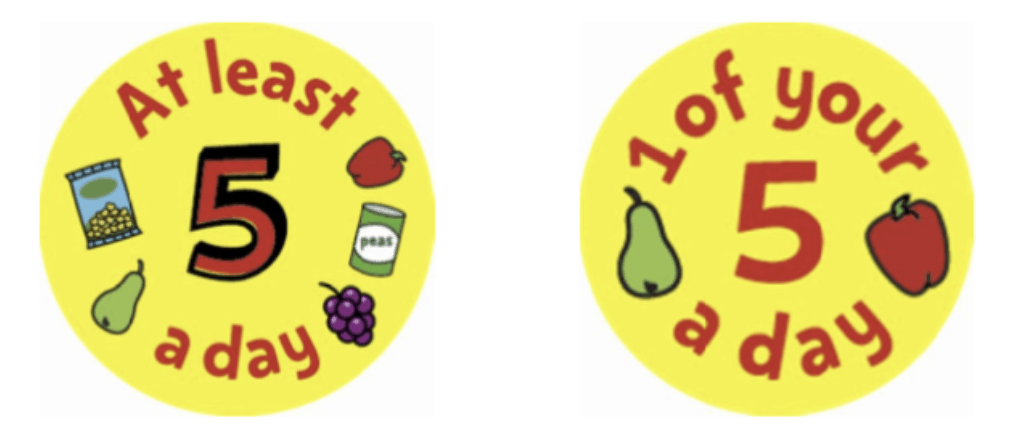Sugar is something that has had a lot of bad press in recent years, yet despite the shocking health warnings, it is still very much a part of our diet―in the Western world particularly. For many years, we were conditioned by the media to believe that fat would make us fat, yet we are now questioning the truth about this and exploring what does sugar do to your body.
This article explores the types of sugar in food, uncovering some facts about what does sugar do to your body and highlighting Marisa Peer’s advice on sugar addiction.
Types of Processed Sugars
Here is a list of the most common types of processed sugars:
1. Granulated Sugar
One of the most popular types of sugar in the Western world, granulated sugar is refined and is a multipurpose choice. It is most commonly used for adding to tea and coffee and is found in baked and confectionery food. It is made from sugarcane and sugar beets, and is refined by extracting the natural molasses, and then bleached to make it appear white.
2. Caster Sugar
Caster sugar is granulated sugar ground down so that it is very fine. Because the crystals are so fine, they dissolve much quicker and are commonly used for making meringues, syrups, and cocktails.
3. Cane Sugar
Cane sugar is produced solely from sugarcane and is minimally refined. It also has a slightly larger grain and is darker in color than granulated sugar.
4. Demerara Sugar
Demerara sugar is minimally refined and made from a type of raw cane. It has large grains, a golden color, and a subtle molasses flavor.
5. Muscovado Sugar
Muscovado sugar is a type of unrefined cane sugar where the molasses are not extracted. It comes in both dark and light varieties, and has a sandy texture with a rich flavor. You often find it used in barbecue sauce, marinades, and savory dishes.
Types of Natural Sugars
Here is a list of sugars that are naturally found in certain foods:
1. Glucose
Glucose naturally occurs in plants and fruits―it is actually a byproduct of photosynthesis. Our bodies use glucose as a form of fuel for energy.
2. Fructose
Fructose is the sugar found in fruit. It also occurs naturally in cane sugar and honey.
3. Sucrose
This sugar is found in the stems of sugarcane, the roots of sugar beet, and can be found naturally alongside glucose in certain fruits and other plants.
4. Lactose
This is sugar that is found in milk. It is something that is created as a result of a process happening in our bodies. As children, we typically possess the enzyme necessary to break down this molecule into lactose to be used by the body for development. However, many people lose this ability as they get into adulthood.
What Does Sugar Do to Your Body?
Let’s break it down into processed sugars and natural sugars.
Effects of Processed Sugars to Your Body
Online fitness guru Kayla Itsines highlights how refined sugar affects our mind, energy and weight: ‘Eating excess refined sugar may affect your body in different ways. The breakdown below will help you to understand what sugar does to your body:
1. Fatigue
Refined sugar is a carbohydrate that your body can digest quickly for energy. When you eat food or drinks that contain refined sugars, your body turns the sugar into glucose, a simple form of sugar that is carried through the blood. This provides your body with an instant energy boost, however, once the sugar is metabolized, your energy levels drop again.
If the supply of glucose in your body is up and down, say from eating foods high in refined sugar frequently throughout the day, it can feel like riding a rollercoaster. Your energy levels will rise quickly and fall again, leaving you feeling fatigued.
2. Liver
Ever wondered what does sugar do to your body, specifically your liver?
Excess sugar is stored in the liver as glycogen, a storage-friendly version of glucose. If you are eating refined sugar foods daily and in excess, it may place too much pressure on your liver. Basically, your liver has limited storage space, so too much glycogen can cause it to expand.
When your liver reaches its capacity, the excess glycogen can be converted into fatty acids, which are then deposited in the inactive parts of the body. This can include so-called trouble areas, such as your thighs, bottom and stomach. Some fat may also remain in the liver and if this continues to build up over time, it can lead to non-alcoholic fatty liver disease.
3. Heart
There has been research over the years which has found a link between refined sugar and unhealthy levels of blood fats, also called dyslipidemia.
Eating large amounts of refined sugar may be responsible for higher triglycerides and low HDL (‘good’) cholesterol levels. As HDL cholesterol helps to transport cholesterol from the body’s cells back to the liver, low levels may result in an increased risk of heart disease.
4. Teeth
When you frequently eat foods containing refined sugar, such as chocolate, candy or cake, it can get stuck on and between your teeth. The natural bacteria in your mouth thrive on these sugars and it causes them to produce acids which can begin to erode your tooth enamel, causing it to weaken over time.
The combination of bacteria and acid can also lead to dental plaque, which is that ‘fuzzy’ or ‘furry’ feeling on your teeth. It is a sticky film that should be removed while it is soft, otherwise, it can harden and cause gum disease and tooth decay.
Did you know that eating low-sugar, fibrous fruit and vegetables is a great way to naturally clean your teeth? Leafy greens, carrots and celery can help to move bacteria and stimulate saliva, which helps to neutralize the acid that causes plaque.
5. Addictive
What does sugar do to your body when you eat it regularly? It actually makes it harder to say no to sugar. You know those times when you feel like you simply have to have some chocolate? Then you find yourself struggling with chocolate cravings for days or even weeks afterwards? There’s a reason for this.
When you eat refined sugar, such as chocolate, it can cause a flood of dopamine (a brain chemical that helps us feel happiness or pleasure) in the center of the brain. This is why people who eat lots of refined sugar find themselves reaching for it more and more―because it will produce these happy feelings. Something else to consider is that this flood of dopamine can also override signals that you are full. This means you can be at a greater risk of eating more than what your body actually needs.
6. Obesity
Due to what sugar does to our brains, consuming these foods and drink in excess can lead to a greater chance of becoming overweight or obese.
As I mentioned above, eating refined sugars can override feelings of fullness, meaning you don’t always feel as satisfied as you would be if you were to eat a plate full of vegetables and some lean protein. This is because foods high in refined sugars are usually filled with empty calories and lacking in essential nutrients that can help us to feel full, such as fiber.
Another reason why sugar may be a contributing cause to obesity is that it is found in so many products! Manufacturers have found clever ways to disguise the word ‘sugar’ in their products, which can make it very hard to know whether the product you are buying has sugar in it and how much it might contain. Unfortunately, refined sugars are often found in foods which appear to be healthy, such as breakfast cereals, muesli bars and slices, sauces and dressings, flavored milk and yoghurt.
Why people cannot resist sugar?
Kayla’s findings on refined sugars and addiction are mirrored in Marisa Peer’s beliefs. Marisa’s Perfect Weight Forever program encourages clients to think back to their childhood and discover what made their sugar addiction begin. It’s all part of Marisa’s therapy technique called ‘finding the root cause’.
Root Cause therapy is an approach to treatment that focuses on resolving significant past events believed to be interfering with a person’s present mental and emotional wellness. Marisa quotes in the Perfect Weight Forever e-book: ‘I had a problem for years with food. I could not resist it and would binge on sugar and carbs and this would make me unhappy; then I would starve which made me even unhappier. When I was training in hypnosis I went back to times when I remembered staying with my grandmother and she would give me all the food I did not get at home. She would take me out and buy me comics and bake me cakes and I would sit on her sofa eating the cakes she made just for me and reading the comics and I felt blissfully happy and completely loved, it was a warm, wonderful feeling that I can still vividly remember and even feel.
For years as a grown-up whenever I was unhappy, I would read magazines and eat cakes and I realized that I was trying to recreate that feeling trying to get back that perfect moment of feeling so loved. All eating is an act of regression. We use food to try to get back the happy, warm feeling we got when we were given cookies and candy as a kid. That is why when adults are unhappy, they want children’s food. No one ever says “I am so down, I crave salad” or ‘I am so fed up, I need to stuff myself with vegetables’. When we feel less than happy, we feel drawn to the foods we think made us happy as children, which are usually soft, mushy, sweet, creamy foods or chips and pizza.’
What sugar and carbs do once they enter your body?
Marisa also explains what sugar and carbs do once they enter our bodies: ‘When you eat carbs or any starchy food, they turn to sugar very fast and when your blood sugar goes up you make insulin, and the job of insulin is to store fat. It’s harder to lose weight once you have eaten carbs and it’s harder to gain weight without eating carbs. If you eat carbs 5 times a day―cereal for breakfast, a cookie midmorning, a sandwich for lunch, crackers as a midafternoon snack and then eat any kind of carbohydrate like potatoes, rice or pasta for dinner, your body is constantly cranking out insulin, making it impossible for you to lose weight and causing you to store fat, especially around the stomach. The only exception to this is if you do a lot of exercise in which case you can burn it off.
You have a 90% chance of remaining overweight if your diet is high in carbohydrates and starchy foods. The reason for this is that to burn fat you have to reduce sugar but your body cannot differentiate between carbs and sugar―they are equally recognized and used by your body as sugar. Once you have eaten the equivalent of three teaspoons of sugar you are now in fat-storing mode and if you eat starch three or four times a day you are constantly making your body store fat and never giving it the opportunity to burn fat. Eating pasta, rice, potatoes and bread is no different to eating cake and as you recognize this, it becomes easier to adapt your eating to allow your body to burn fat.
What About Natural Sugars?
The UK government launched the ‘5 a day’ campaign for fruit in March 2003. Since then, it has become ingrained in our minds. However, in more recent years, the natural sugars found in fruit have had some bad press, especially when eaten in excess. The excessive consumption has been linked to health issues such as diabetes.
An article on the Huffington Post shared some views on fruit sugar from Alexandra Parker and Anna Debenham―practising dietitians from The Biting Truth.
Generally speaking, we should be aiming to eat two servings of fruit a day. A serve of fruit is equivalent to:
1 medium apple, banana, orange or pear
2 small apricots, kiwi fruit or plums
1 cup diced fruit (berries, grapes, fruit salad)
“As dietitians, we’ve had clients on both ends of the spectrum,” Debenham told HuffPost Australia. “While some remove fruits from their diet due to its sugar and carb content, others load up on it because it’s full of nutrients.
“We believe that the ideal amount is somewhere in between and it differs slightly for each person. Generally speaking, you probably need somewhere between 2-4 servings of fruit a day to make sure that you are getting enough of other food groups.”
For those with higher energy requirements, or on the days you work out, that’s when you might need those four servings of fruit.
“Some of the pro athletes may eat even more than four servings a day, which is important for them but wouldn’t be a good choice for the rest of the population,” Parker said.
For the majority of the people, four servings of fruit per day is the upper recommended limit.
“The reason why we don’t want to eat unlimited amounts of fruit each day is that, while it is loaded with nutrients, it’s still a source of carbs and sugars and even too much of a healthy food can have negative effects, like weight gain,” Parker explained.’
Marisa mirrors these findings and states in her Perfect Weight Forever e-book: ‘Just remember that the key to making your body a fantastic fat-burning machine is to avoid or lessen starchy carbohydrates, because your body is designed to store carbohydrates as energy and if you don’t burn off that energy it will always be stored as fat. Our bodies were not designed to eat the amount of carbohydrates we now consume and can do very well without them. Limiting when and how you eat them is the key to permanent weight loss.
I love fruit but I limit myself to three pieces a day most of the time and choose berries and apples more of the time because they have the least amount of sugar, whereas grapes have the highest. Vegetables are far more important than fruits. They have more vitamins and more antioxidants and we should have more daily servings of vegetables than fruit. Fruit is still a sugar and too much of it pushes up insulin levels. Fruit juice is not a good choice at all as it contains way too much sugar. There is the same amount of sugar in a glass of juice as in a can of coke.’
How To Remove Sugar From Your Diet?
After knowing what sugar does to your body, it can be tricky to know where to start if you want to limit or completely remove it from your diet. Research findings can be a good place to kickstart your motivation, such as an article published on the Get Holistic Health website. The article states that removing sugar from our diets can ‘starve’ cancer cells:
Dr. Otto Warburg along with other health experts have been talking about how cancer loves sugar since the 1920s. Surprisingly many doctors don’t tell their cancer patients that as long as they continue to eat processed foods full of the stuff, they will likely have a more difficult time fighting this disease.
The German physiologist, leading biochemist, medical doctor, and Nobel laureate was convinced that you could starve cancer right out of the body. While it may not always be that easy, this is something that could significantly change the game.
His theory was that malignant cells and tumor growth was caused by cells that generated energy via adenosine triphosphate (ATP) through a nonoxidative breakdown of glucose (sugar). The recycling of the metabolite from this process called glycolysis and the circulation of adhA back into the body caused anaerobic respiration. This is the reverse of what happens with healthy cells.
Healthy, non-cancerous cells generate energy for the body to use through the oxidative breakdown of pyruvate, the end product of glycolysis, which leads to oxidized mitochondria. He, therefore, concluded that cancer was really a mitochondrial dysfunction. The normal process of respiration of oxygen in the body is changed to the fermentation of sugar. If you remove the sugar, the body should not develop cancer.
Marisa Peer’s Advice on How to Cut Out Sugar
Marisa believes that by making the familiar unfamiliar and the unfamiliar familiar, we can all program our bodies to stop eating sugar.
In her Perfect Weight Forever e-book she says: ‘Sugar is a chemical. It is bleached, processed and manufactured in a refinery and has no resemblance to sugar cane. Sugar rots tooth enamel, disrupts digestion, feeds anxiety and depression and attaches to collagen causing our skin to age, line and wrinkle prematurely. The nitrous oxide in sugar is toxic it roughens our arteries so they attract plaque which can block blood flow over time. Sugar requires no sell-by date because it is so highly refined that it cannot decompose. Sugar is a preservative. That’s why if you boil fresh fruit with sugar, the sugar preserves it. Many countries call jam preservatives and now you know why. The more sugar you eat, the more your body has to make internal fat to wrap the corrosive sugar in and keep it away from your vital organs. Your body can’t get rid of it and can’t use the excessive amount we now eat. It will usually store this around your bottom and thighs. It is highly addictive and like all addictions, the only way to stop craving sugar is to stop eating it, once you stop eating it, the craving goes away but you have to avoid it for about three months in order to cure the addiction.’
In Marisa’s blog post ‘How To Stop Craving Sugar’, she gives her top tips including topping up your vitamin and mineral intake to reduce sugar cravings, and healthier alternatives when you are craving something sweet.
If you have enjoyed this article and want to go even more in-depth into what it means to make healthier choices to nourish your body, and therefore your mind, then why not join the 21-Day Healthy Living Challenge. With trainings, meditations and audios all designed by Marisa Peer, you and your community of peers also tackling the challenge will learn how to overcome negative mindsets, and rewire your brain to say goodbye to processed sugar for good. Click the banner below to discover more about the challenge, and secure your spot today.



